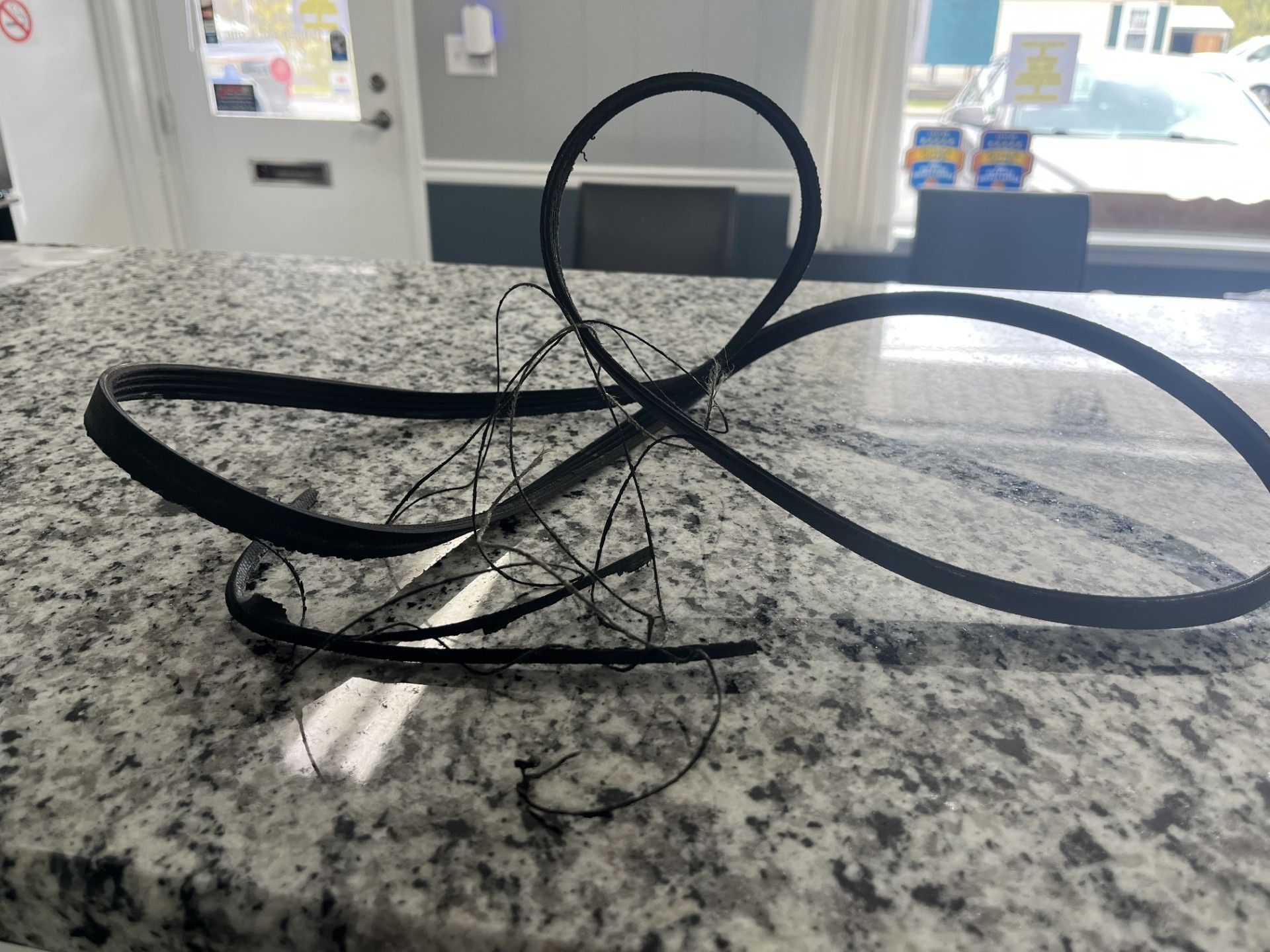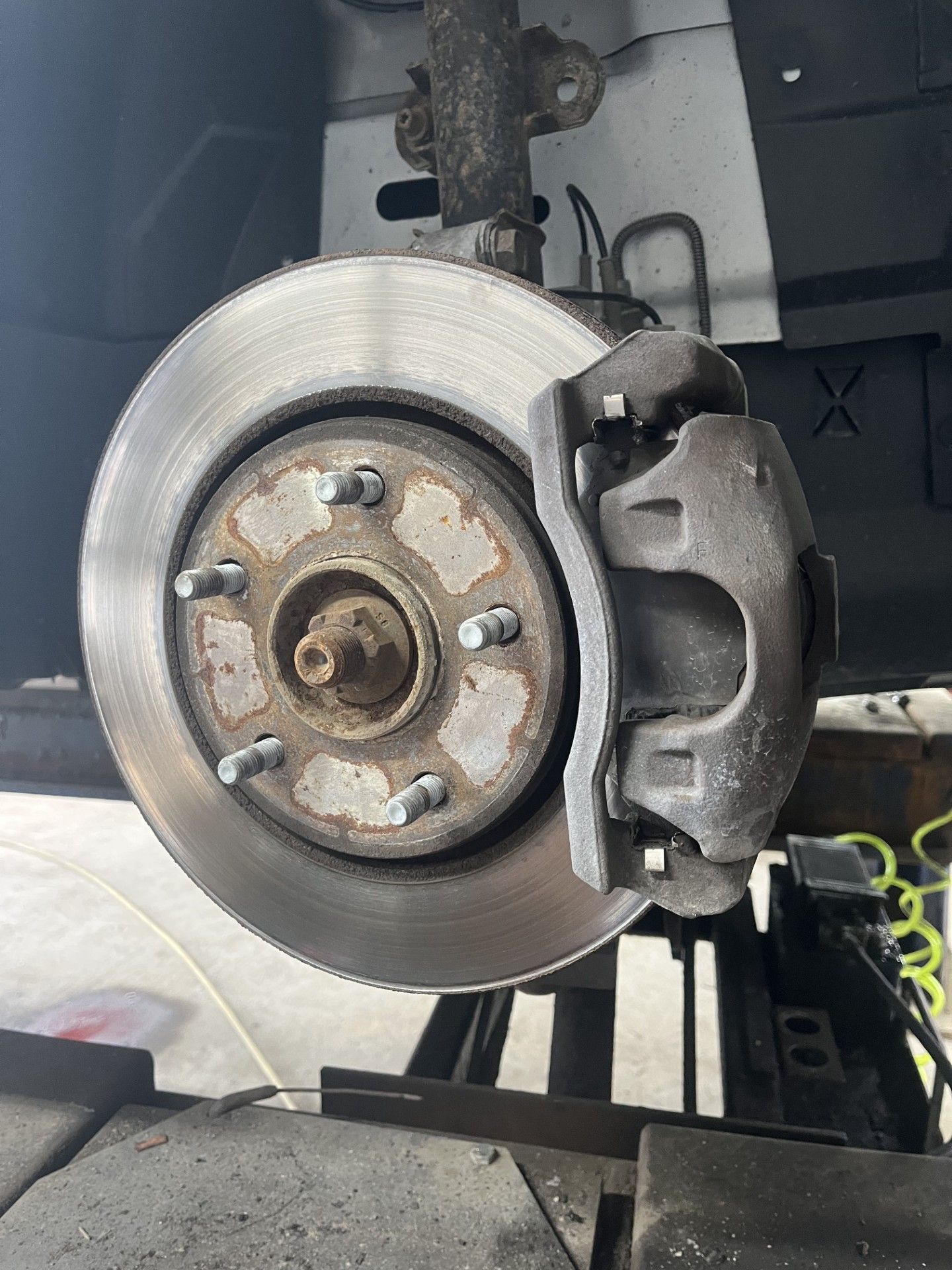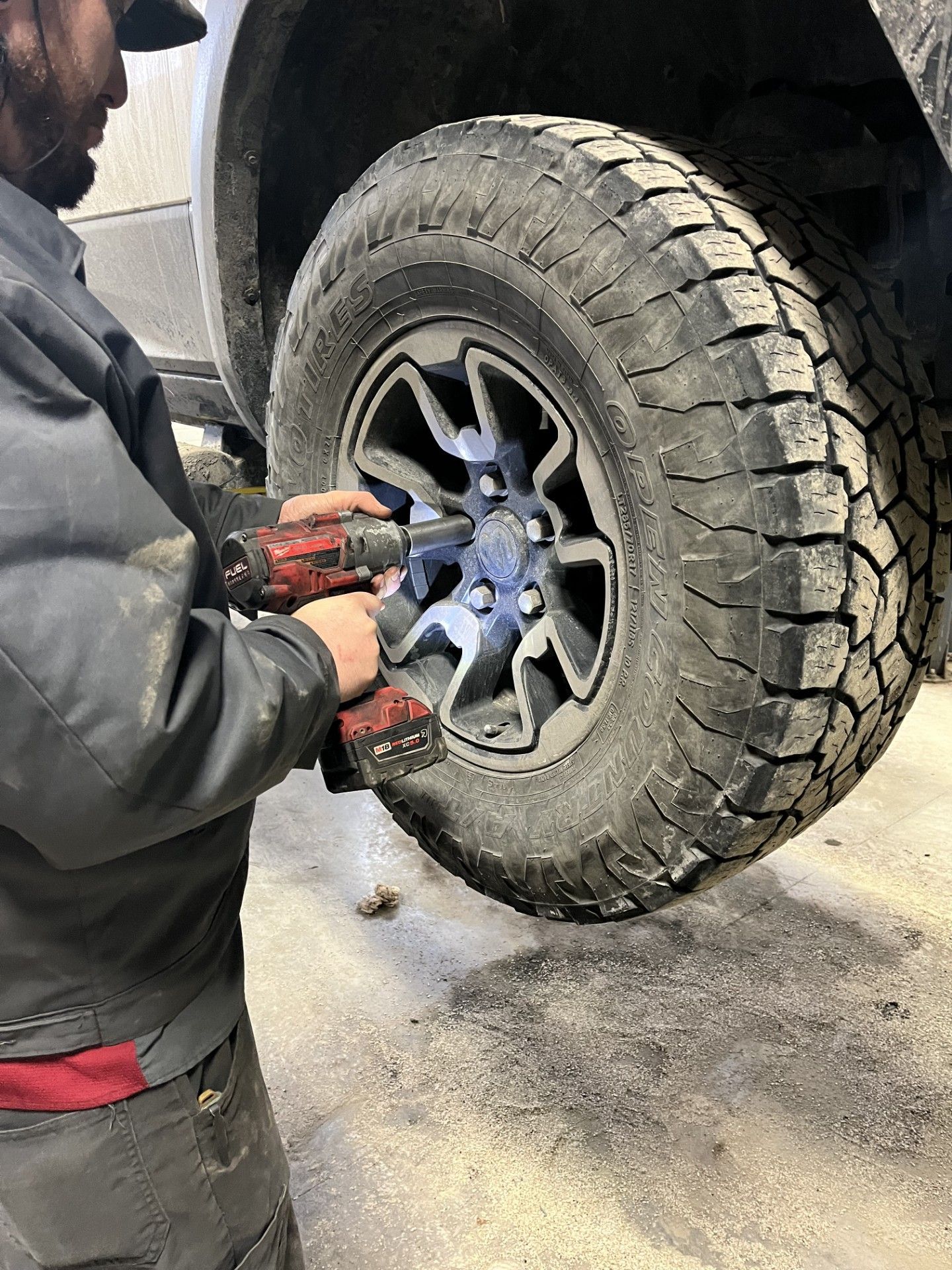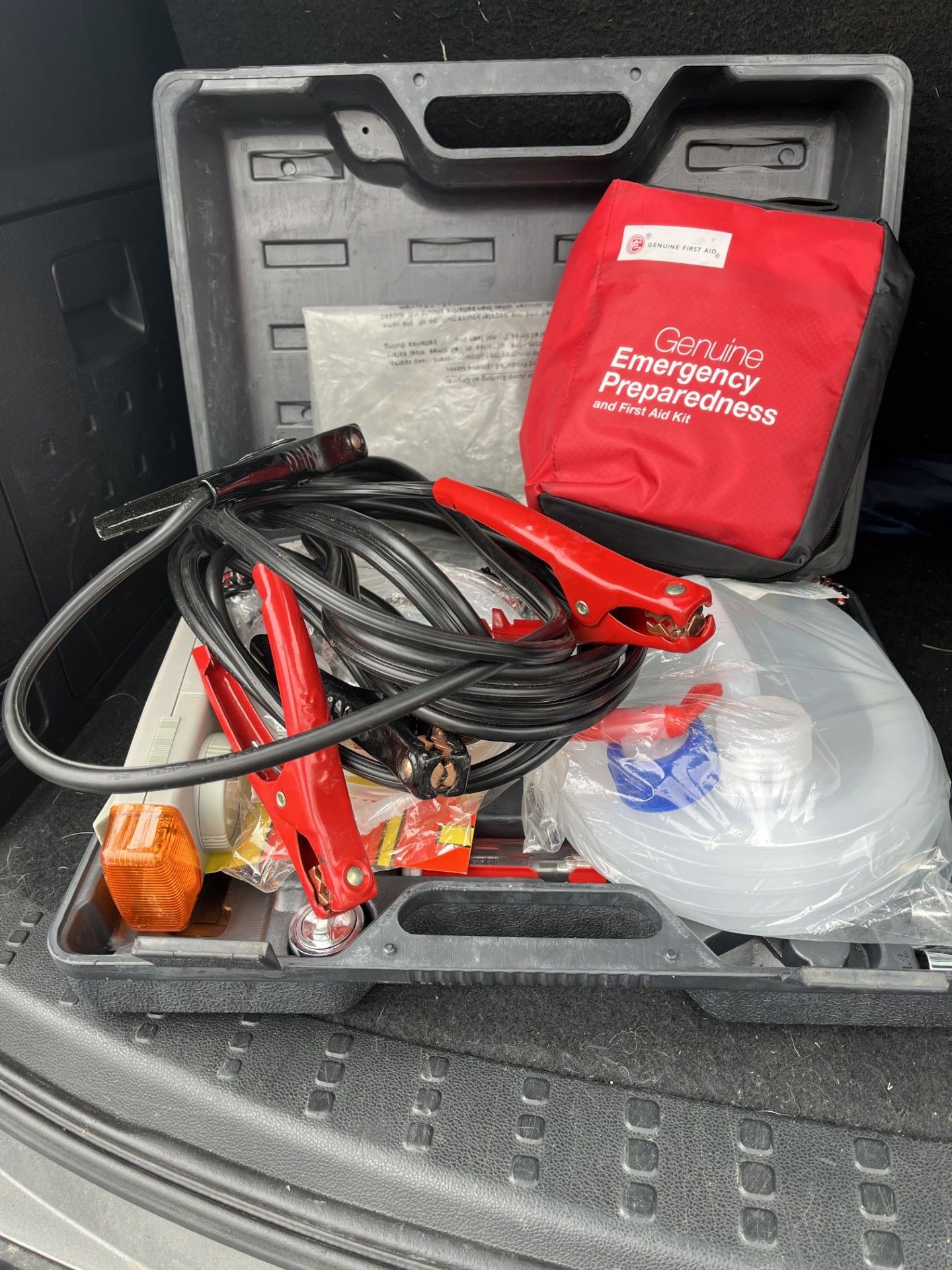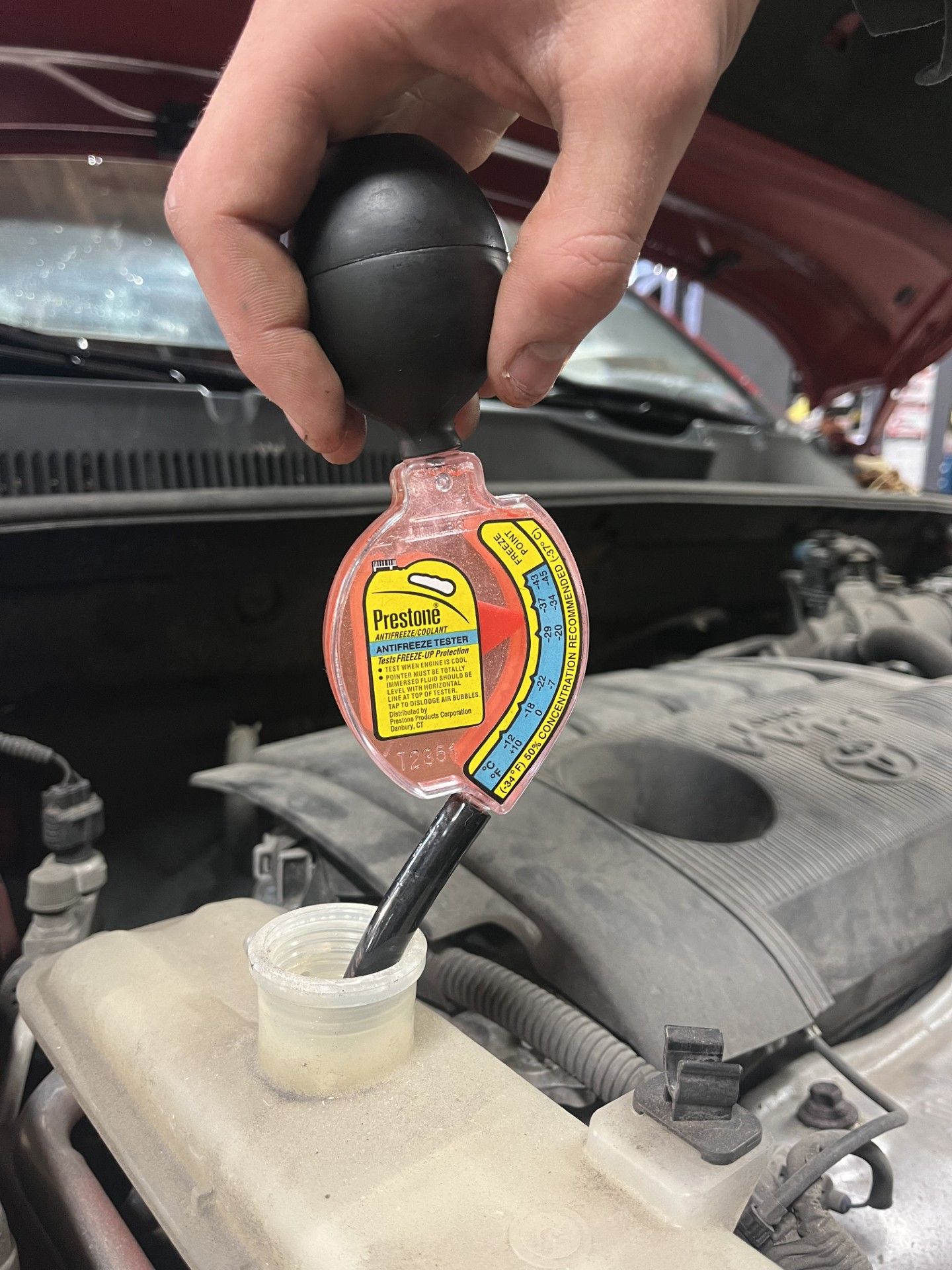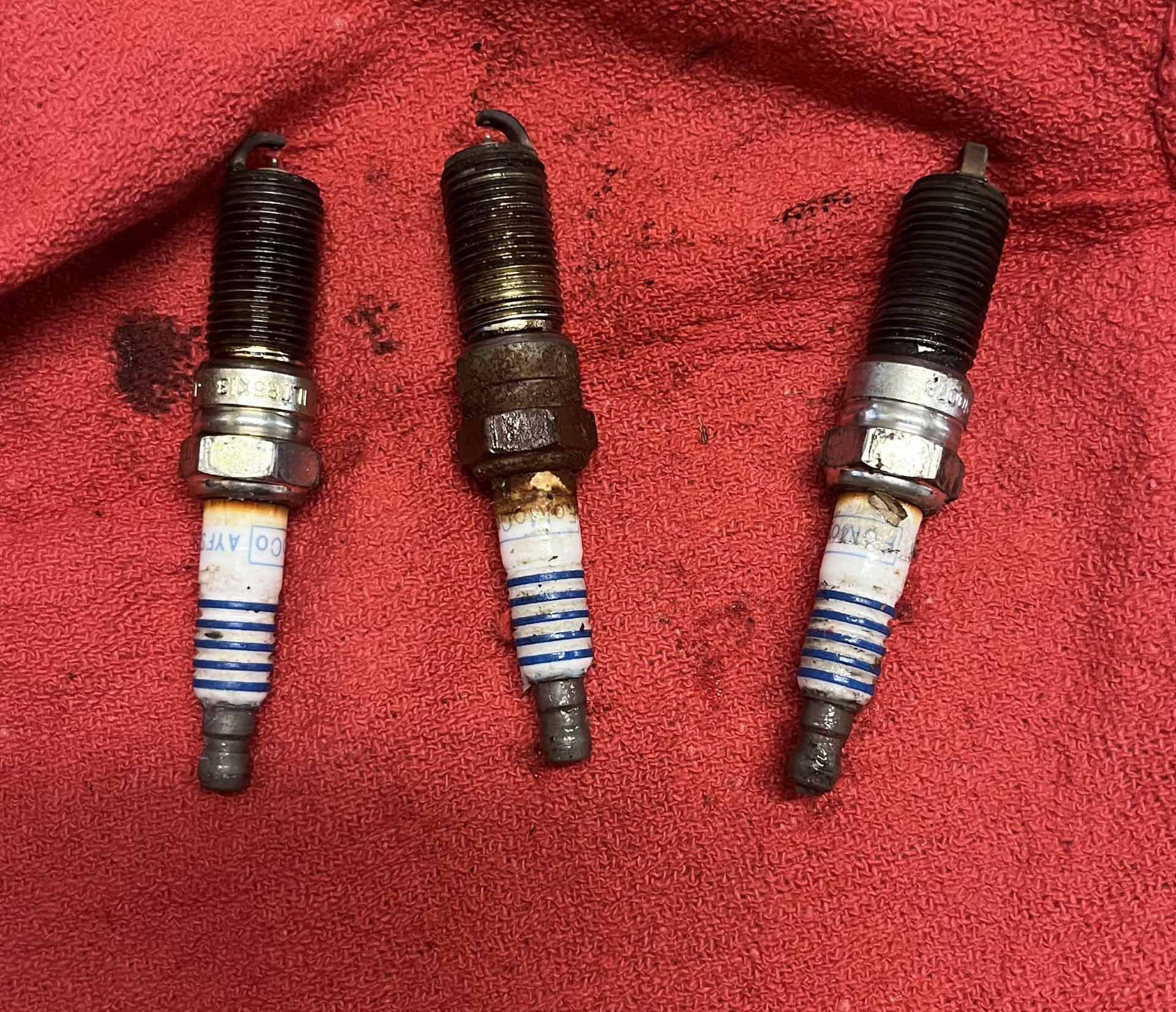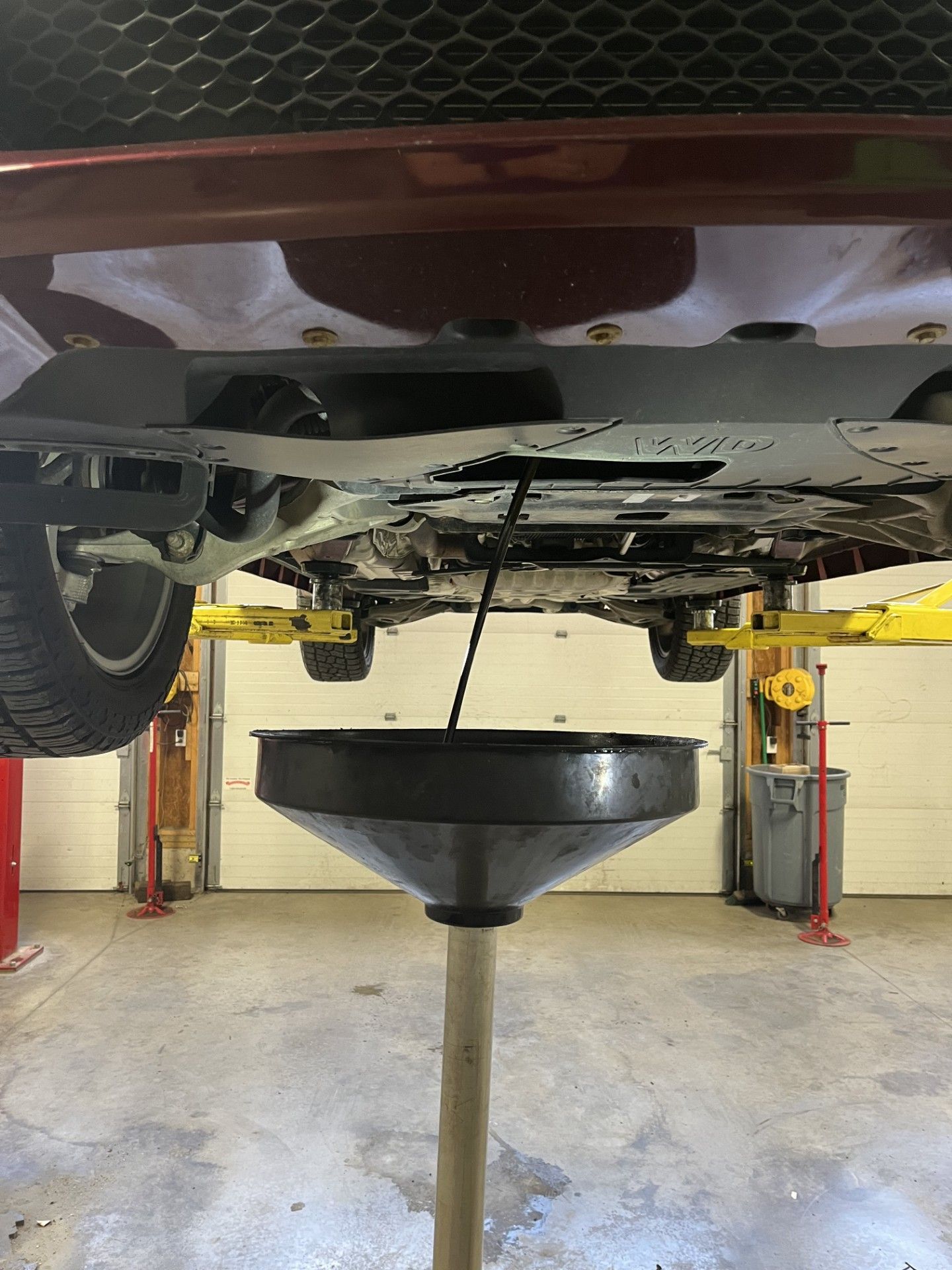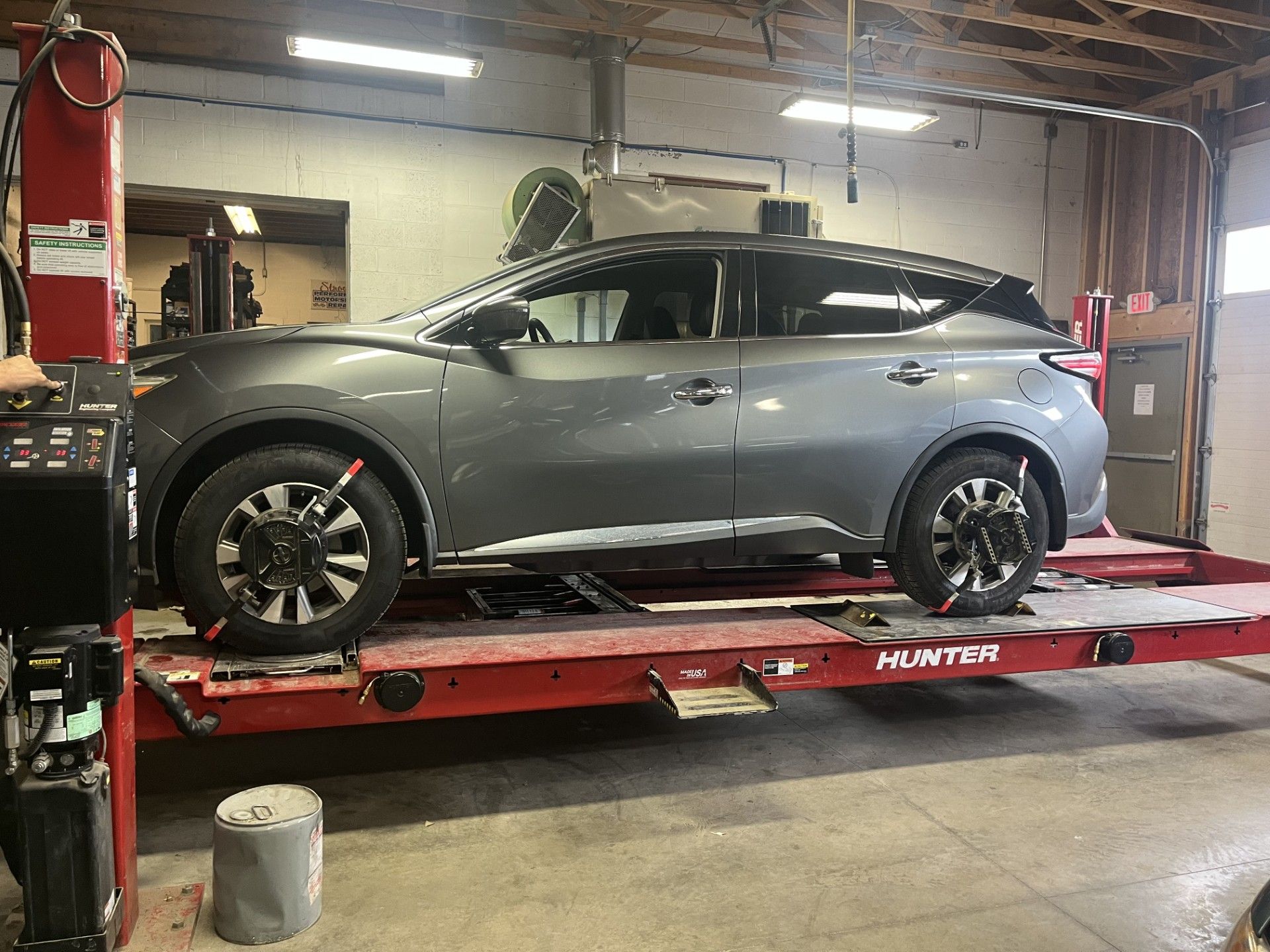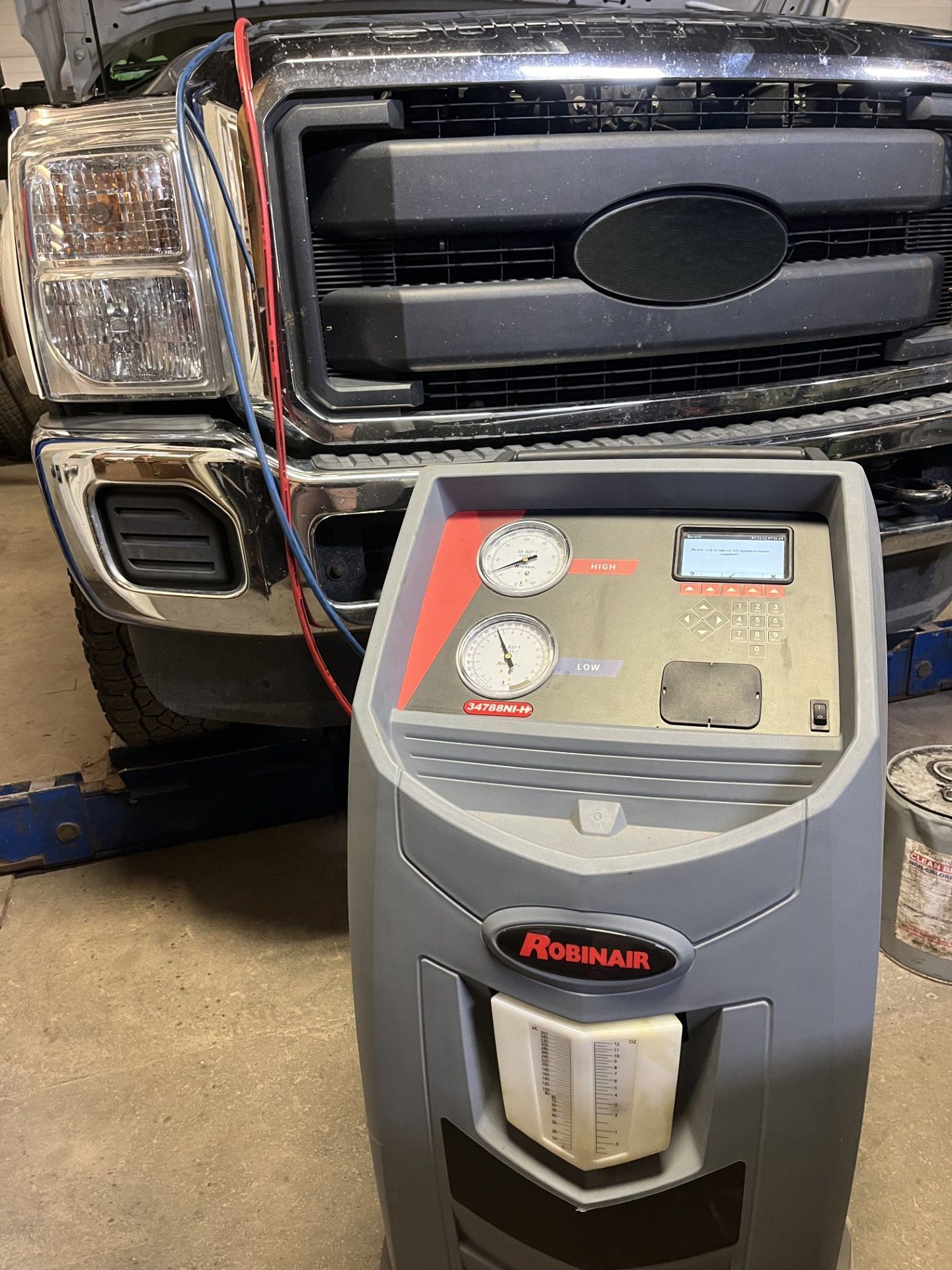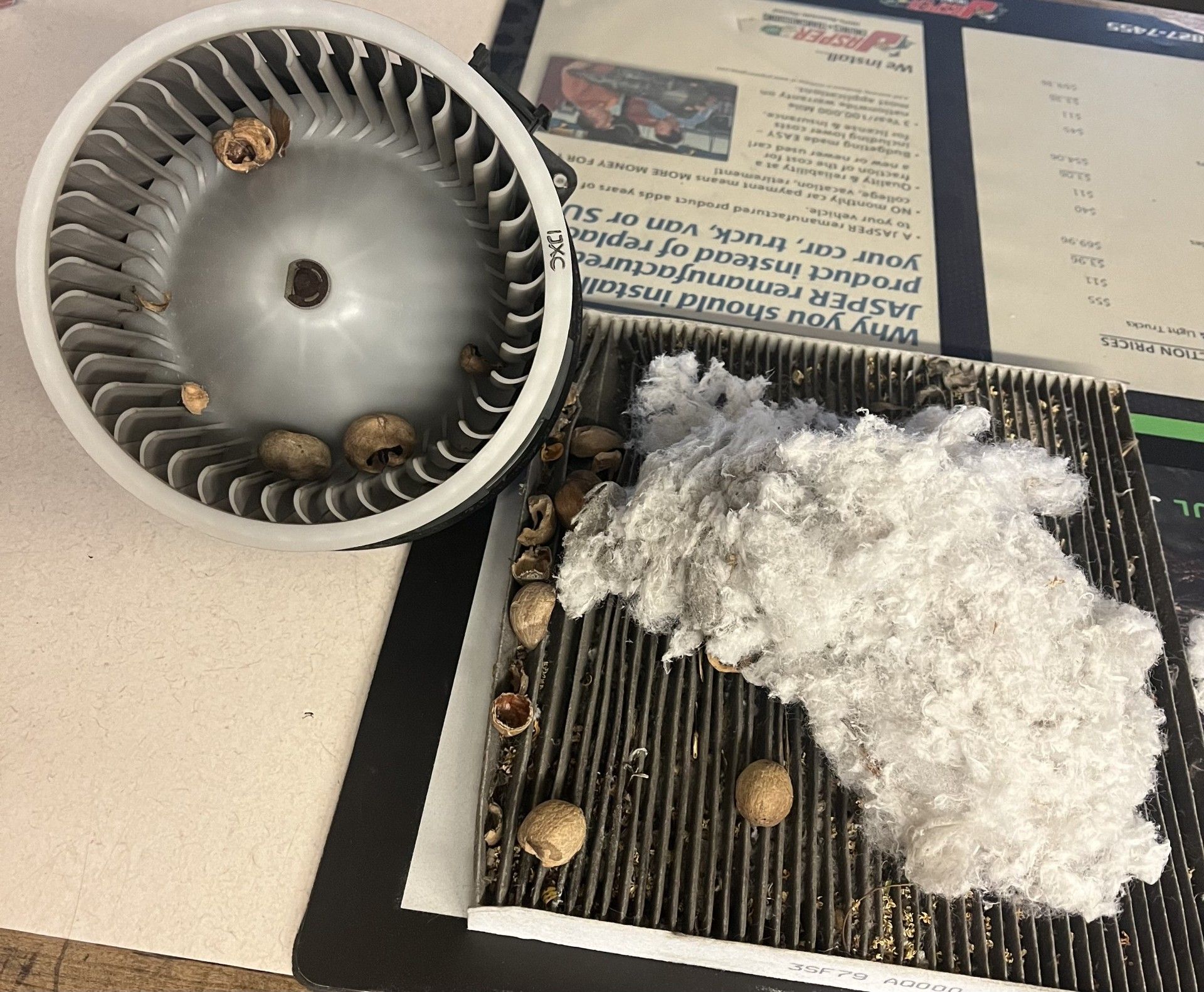Is it safe to drive with the Check Engine Light on?
Is it safe to drive with the Check Engine Light on?
When the Check Engine Light comes on in a vehicle it is an indicator that something has gone wrong. It can be a minor issue, such as a loose gas cap, to a severe problem like the catalytic converter malfunctioning. Usually, a steady light suggests a non emergency issue that needs attention soon. If the check engine light flashes if often means a severe engine misfire, a problem that requires immediate attention to prevent major damage to your vehicle. The check engine light may not always signify danger but it is a warning that shouldn't be ignored. If your check engine light comes on, let the ASE certified technicians at Stroup's Garage take care of it. Stroup's Garage uses state-of-the-art diagnostic tools to identify the problem and keep your vehicle running smoothly.

